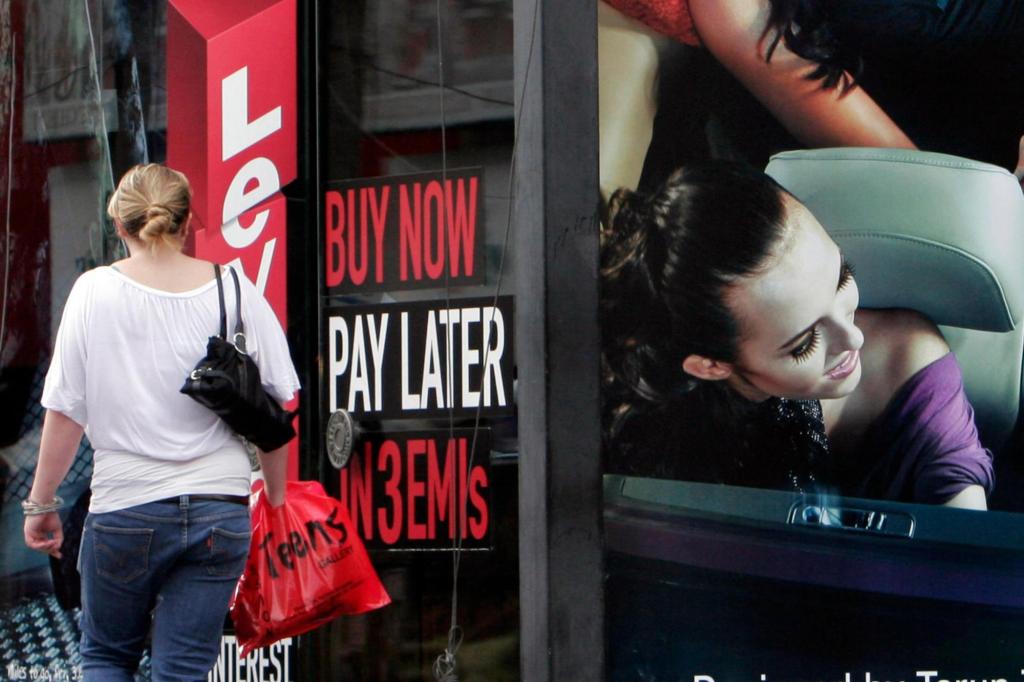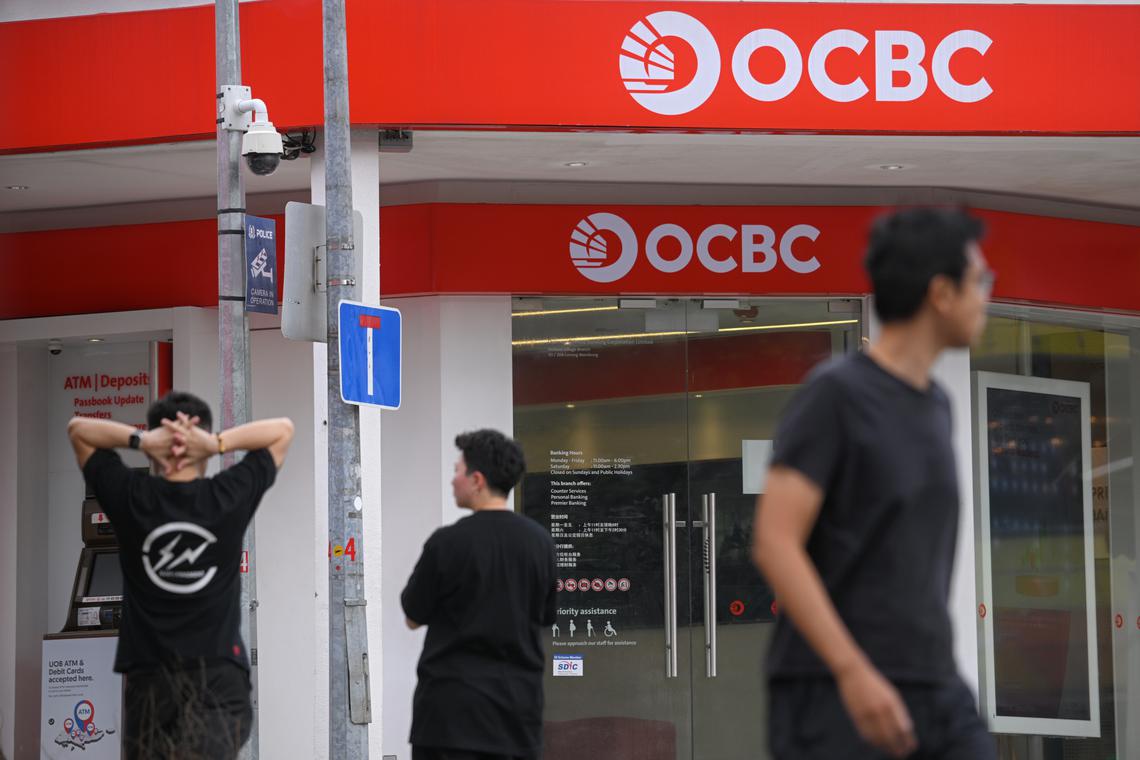Summary
Typically, when using Buy Now, Pay Later loans, consumers pay for a given purchase in four installments over six weeks, in a model more similar to layaway than to a traditional credit card. The loans are marketed as zero-interest, and most require no credit check or only a soft credit check.
Source: The Baltimore Sun

AI News Q&A (Free Content)
Q1: What are Buy Now, Pay Later (BNPL) loans and how do they differ from traditional credit options?
A1: Buy Now, Pay Later (BNPL) loans are a type of short-term financing that allows consumers to make purchases by paying only a portion of the total cost upfront, with the remaining balance divided into a series of installment payments. Unlike traditional credit cards, BNPL loans often come with zero interest and do not require a credit check or only a soft check. This makes them more accessible to consumers who might not qualify for traditional credit options.
Q2: How does the repayment structure of BNPL loans work?
A2: The repayment structure of BNPL loans typically involves dividing the total purchase amount into equal installments, which are paid over a set period. The number of installments and the repayment duration can vary based on the BNPL provider. These loans are structured similarly to hire purchase agreements, where financiers pay merchants on behalf of consumers, and consumers repay the financiers over time.
Q3: How might BNPL loans impact a consumer's credit score?
A3: BNPL loans can impact a consumer's credit score primarily if the provider reports payment behavior to credit bureaus. While many BNPL services do not conduct hard credit checks, failing to meet payment obligations can lead to negative reporting, which may affect the consumer's credit score adversely. Conversely, timely payments might positively contribute to the credit score if reported.
Q4: What role does Affirm Holdings, Inc. play in the BNPL market?
A4: Affirm Holdings, Inc. is a leading BNPL lender in the United States, founded by PayPal co-founder Max Levchin. It offers unsecured installment loans at the point of sale through various channels, including online checkout links and kiosks. Affirm evaluates transactions based on credit scores and other factors, incorporating machine learning, thus impacting the BNPL landscape significantly with its innovative approach.
Q5: What are the potential risks associated with using BNPL loans?
A5: Potential risks of using BNPL loans include overextending finances due to the ease of access and zero-interest offers that might encourage excessive spending. If consumers fail to meet installment obligations, they could face penalties or negative credit reporting. Additionally, some BNPL services might have hidden fees or high late-payment charges that can accumulate, leading to financial stress.
Q6: How do BNPL loans benefit consumers compared to traditional loans?
A6: BNPL loans benefit consumers by providing an interest-free financing option that does not require a traditional credit check, making it accessible to a broader range of customers. This model encourages responsible spending with fixed installment payments and helps manage cash flow by allowing consumers to spread payments over time without accruing high interest.
Q7: What trends are emerging in the BNPL sector, and how are they shaping consumer behavior?
A7: Emerging trends in the BNPL sector include increased integration with digital wallets and e-commerce platforms, making it easier for consumers to access these services. As a result, consumer behavior is shifting towards more flexible spending patterns, with a growing preference for installment-based purchasing, especially among younger demographics who value immediate ownership without upfront financial burden.
References:
- Buy now, pay later
- Affirm Holdings, Inc.





